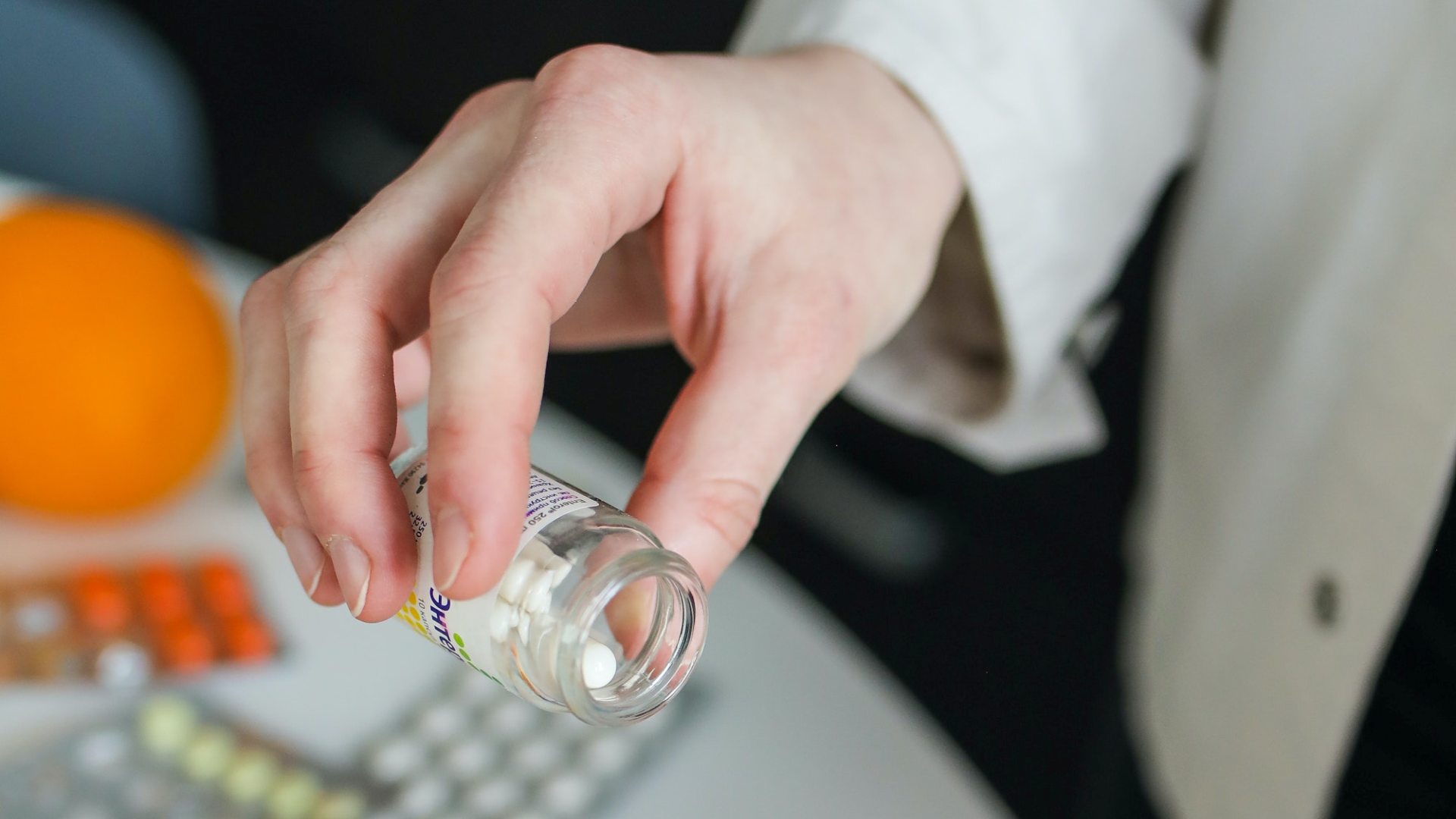Prostate Cancer Patients Should Avoid Vitamin Supplements – Most studies of vitamin and mineral supplements have had disappointing results. In fact, some even appear to increase prostate cancer risk. Here’s a rundown on where everything stands.
Multivitamins. One standard multivitamin daily neither increases nor decreases the chance of getting prostate cancer.
Folic acid and vitamin B12. Some studies have shown an association of high blood levels of these two vitamins with higher cancer risk. But that is not proof that the supplements themselves cause prostate cancer.
Calcium. A high total calcium intake — through supplements and diet — may raise the risk of developing prostate cancer, and perhaps even the more aggressive type.
Zinc. One study found that men who took more than 100 milligrams of supplemental zinc per day for several years were more likely to be diagnosed with prostate cancer compared with men who did not take the supplement. Again, however, this does not prove cause and effect.
Vitamin E. Unless specifically prescribed by your doctor, high doses of vitamin E (400 international units, or IU, daily) should be avoided. This recommendation is based on a controlled trial that looked at whether supplements of vitamin E, selenium, or both could reduce the risk of prostate cancer.
RELATED: Treating Your Prostate Cancer During The Pandemic
The results found that men who took vitamin E actually had a higher rate of prostate cancer and especially aggressive cancer.
Selenium. In the vitamin E and selenium trial, selenium supplement use was associated with a slight increase in cancer risk, but this was not statistically significant.
Lycopene. A large observational study found that men who eat more lycopene-rich foods, like tomatoes and tomato-based products, had lower rates of prostate cancer and prostate cancer deaths. However, other studies did not confirm these findings, and studies of lycopene supplements have not shown any benefit.
Vitamin D. Low vitamin D blood levels have been linked with various cancers, including prostate cancer, so it makes sense for men to aim for at least the recommended 800 IU daily.
What does all of this ultimately mean? At present, there’s no firm evidence to support any vitamin or mineral supplements to prevent prostate cancer. However, it would be best if you still focused on getting these same nutrients through a healthy diet.
Men who eat high amounts of fruits and vegetables and minimal red meat and high-fat dairy products may have a lower prostate cancer risk. Also, maintaining a healthy weight and regular exercise appears to decrease the risk of developing more aggressive and potentially deadly types of prostate cancer.





